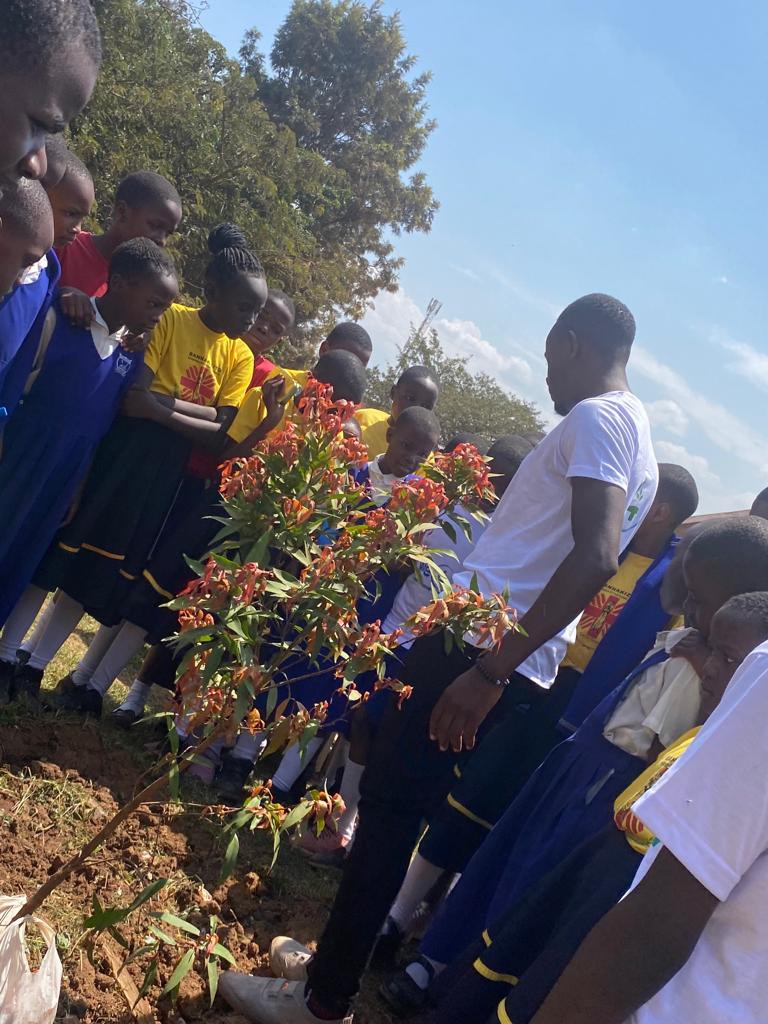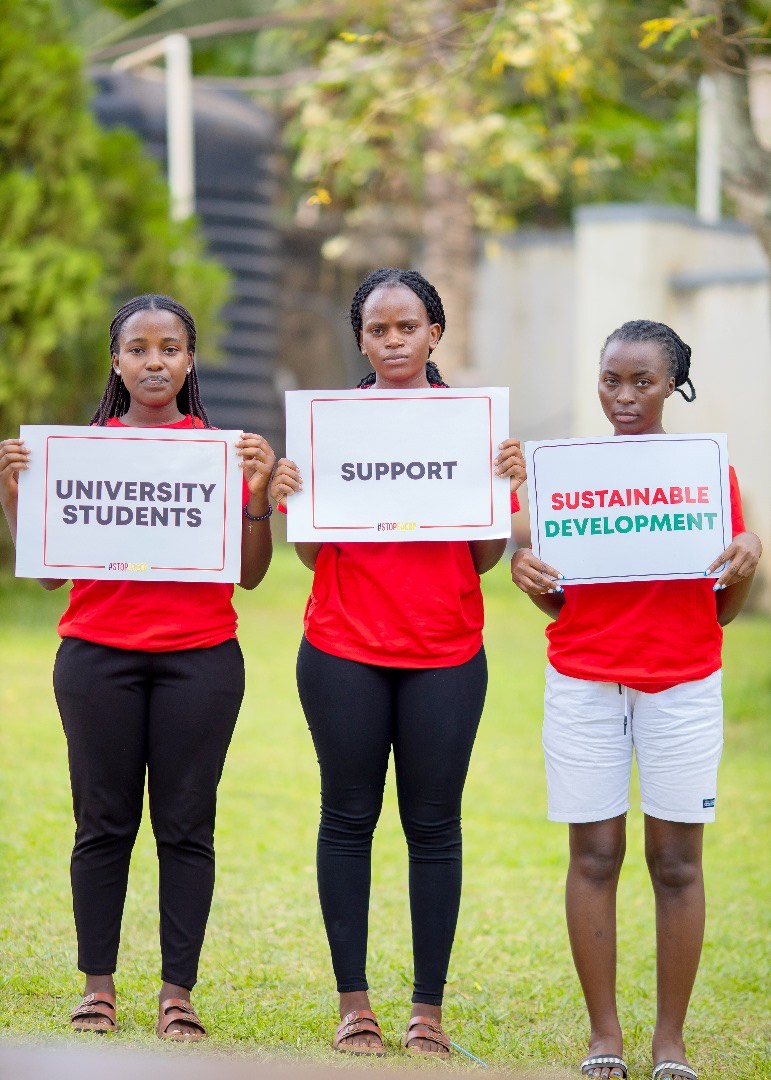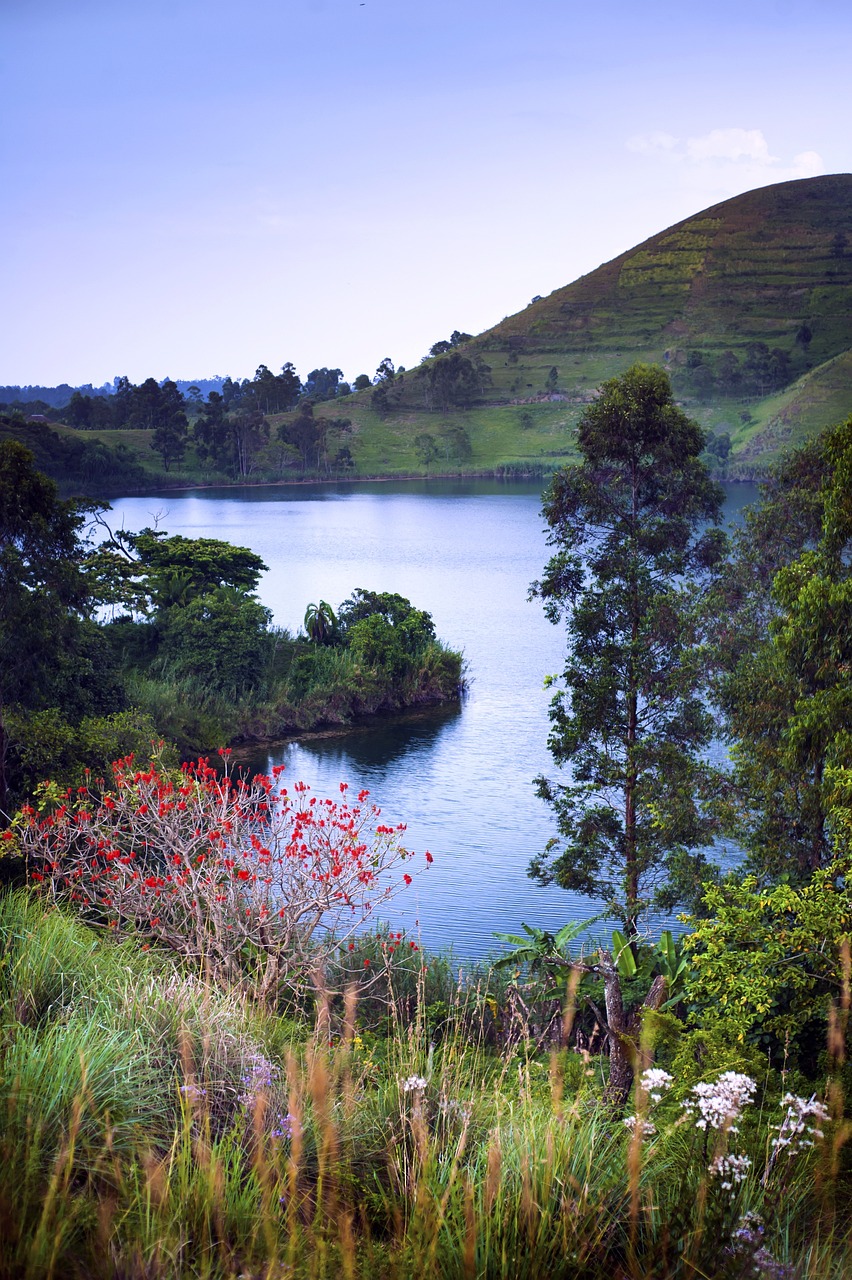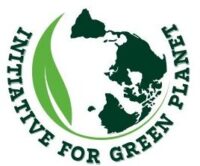
CLIMATE CHANGE AND RENEWABLE ENERGY
UN High Commissioner for Human Rights Michelle Bachelet identified climate change and threats to the environment as ‘‘the single greatest challenge to human rights in our era’’ The preamble to the Paris Agreement on Climate Change calls on states, when taking action to address climate change, to respect, promote and consider their respective obligations on human rights.’’
Uganda and all countries globally are running out of time to prevent the worst impacts of climate change and its devastating impacts which have led to increased risks to their livelihoods, human health, infrastructure and food systems. The sixth assessment report of the Intergovernmental Panel on Climate Change (IPCC) shows that our climate is reaching a tipping point. Climate change can be seen and felt everywhere but its effects are greater in some parts of the world than others. And some groups of people especially youth, women and indigenous communities are more vulnerable to these effects like drought and flooding than others. They have often contributed least to climate change and also have fewer resources to arm themselves against these consequences.
IGP seeks to engage, empower, and educate youth, women and local communities about climate change. we dissect the myriad national strategies aimed to at combating climate change. we navigate the complexities of implementation, teach the general public effective actions against climate change and chart pathways for successful policies. we are also committed to bold climate action to drastically reduce greenhouse gas emissions and to helping vulnerable communities adapt to the impacts of climate change.
we focus on promoting energy transition by advocating against the dirty fossil fuels. Our advocacy aims to raise awareness about the environmental benefits of renewable energy sources and encourage their wide spread adoption. Through education campaigns, public education, community outreach and advocacy, we advocate for increased investment in solar energy sources, incentivize their use in households, businesses and institutions which seeks to reduce greenhouse gas emissions, mitigate climate change and foster a more sustainable energy future for all.

ENIVIROMENT AND HUMAN RIGHTS
The preamble of Universal Declaration of Human Rights states that recognition of the inherent dignity and of the equal and inalienable rights of all members of the human family is the foundation of freedom, justice and peace in the world, It further states that disregard and contempt for human rights have resulted in barbarous acts which have outraged the conscience of mankind, and the advent of a world in which human beings shall enjoy freedom of speech and belief and freedom from fear and what has been proclaimed as the highest aspiration of the common good.
The 1995 constitution of the Republic of Uganda under chapter four also provides for the promotion and protection of the inherent human rights. Despite of all these national and international legal provisions for human rights, In Uganda, these human rights continue to be violated with youth, women and indigenous communities often being the hardest. Human rights like access to clean and healthy environment, right to water and food are often violated.
The program aims at promoting the observance of human rights of local communities, youth and women who protect and defend their rights and environment. To attain the goals of Environment, Human Rights and Gender, we undertake the following initiatives we appreciate how environmental advocacy is a key for driving systematic change and influencing policies and practices that impact the environment, at its core, environmental advocacy involves raising awareness, mobilizing public support and engaging with decision-makers to promote policies and actions that protect and preserve the natural world.

LAND AND WATER GOVERNANCE
In Uganda, people depend directly on water and land around them for their livelihood, however human activities including deforestation, mining, large scale agriculture, big dams and other infrastructural projects have various impacts on the quality and availability of land which in turn affects the living environments of local communities.
The primary objective of the Land and Water Governance program is to promote fair and sustainable methods of using and managing land and water.
The program is in response to the urgent need to address climate change and its devastating impacts and its aligned with the UN Sustainable Development Goals (SDGs) particularly 6, 11, 13 and 15 among other national and global commitments.
For the attainment of the program’s goal, IGP undertakes community empowerment, builds movements in these communities, conducts evidence based research, engages in advocacy and helps communities to become involved in decisions affecting their living environments both at local, regional and national level.
